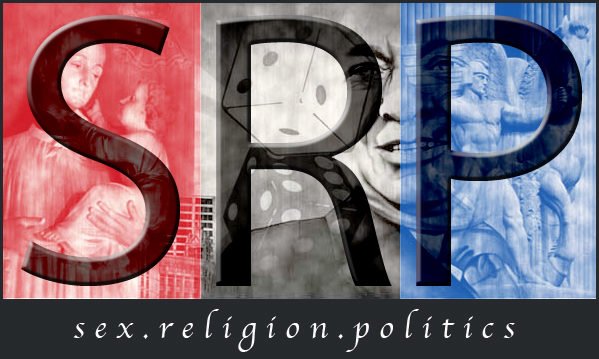Hey, Look At Me! Why Artists Do What They Do
by Greg Silva · Published · Updated

Natural Salesmen
Some artists will smugly tell you that they don’t need to share their work with others; that they do what they do to please themselves. They’re lying! They’re peddling bullshit along with their art.
I used to live with such a man. Despite his solipsistic claims, he often brought young women back to our place to ogle his artwork as he ogled them. When asked why he didn’t present his artwork to curators, he replied, “I’m not a good salesman.”
Artists are salesmen, by nature! We’re always looking to be compensated for our efforts, with attention or money or both. Of the two, attention is more important.
Don’t get me wrong. Money is great. But we artists will do what we do — whittling down truth and beauty into consumable portions — whether or not anyone gives us money for our offerings. It’s the attention without which we cannot survive.
Response Required
 No artist creates a sculpture, a song, a story or a joke without saying to someone else, in essence, “Hey, look at me!”, even if it’s only to a stranger at a party. Art requires a response, in order to complete its function; in the same manner that a carriage requires a horse, or that a sail requires wind.
No artist creates a sculpture, a song, a story or a joke without saying to someone else, in essence, “Hey, look at me!”, even if it’s only to a stranger at a party. Art requires a response, in order to complete its function; in the same manner that a carriage requires a horse, or that a sail requires wind.
Even that most reclusive of poets, Emily Dickinson, sought readers. She wrote over 1800 poems in her short life, often giving them to friends in gift baskets of flowers grown in her garden. It is said that these recipients typically appreciated the flowers more than the poems.
It is commonly believed that Emily Dickinson could not come out of her room to greet houseguests because she suffered from agoraphobia. I rather believe it was because she found some of her poems in the community compost, along with her wilted flowers, and said, “Fuck all you people!”
[su_pullquote]
Artists are salesmen, by nature! We’re always looking to be compensated for our efforts, with attention or money or both. Of the two, attention is more important.
[/su_pullquote]
Make ‘em Pay
Many years ago, when I was a budding composer, I wrote arrangements for friends of mine who played in a band. This was way back before Finale software came on the scene. My manuscripts were meticulously notated by hand. When I attended one of their rehearsals, I found my pages scattered on the floor, further defiled by dusty shoe prints. It was a good lesson. I stopped giving away my work, especially to friends.
Artists typically feel entitled to some attention, and resent being ignored. Approval is always welcome; but disapproval is better than no-proval. No attention is tantamount to the guest-of-honor never showing up at a surprise party. Even if that person hates the party, it’s still a success. But if he or she never shows, then everyone else is left wondering, “What was all this for?”
Consequently, when artists don’t get enough attention from their work, they sometimes feel compelled to rub their ids in people’s faces. When Lucie Dupin couldn’t get published because she was a woman, she wore men’s clothing, smoked cigars and changed her name to George Sand. Oscar Wilde satirized Victorian hypocrisy and refused to deny being gay; he wound up in prison.
Me? Like Emily, I sometimes loath stepping out of my solitude. Like Lucie and Oscar, I enjoy blatantly defiling taboos — to remind people how arbitrary they are — for which I am predictably punished; an easy task. All anyone has to do, to beat me to within an inch of my life, is to ignore me. At least Oscar had his day in court.



i like your post and found it because of a pingback to my blog. It’s true…we writers/bloggers like someone to read our stuff too, even if a reader comes to us in the form of a pingback.
Thank you for the feedback!
i like your post and found it because of a pingback to my blog. It’s true…we writers/bloggers like someone to read our stuff too, even if a reader comes to us in the form of a pingback.
Thank you for the feedback!